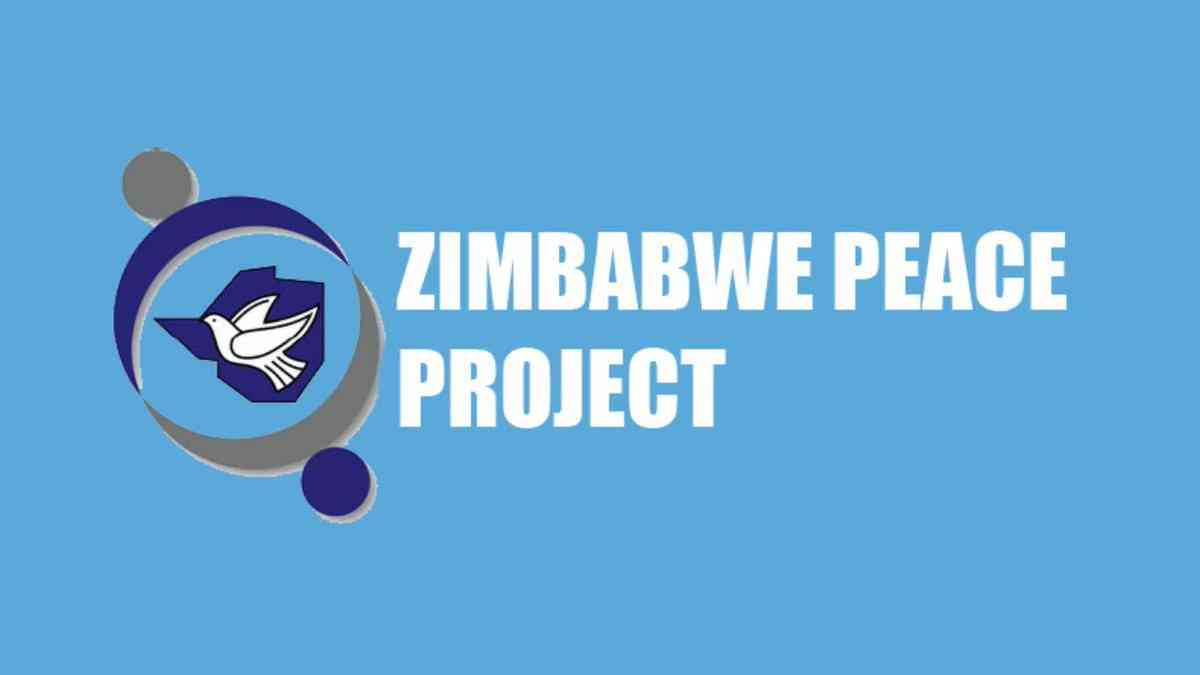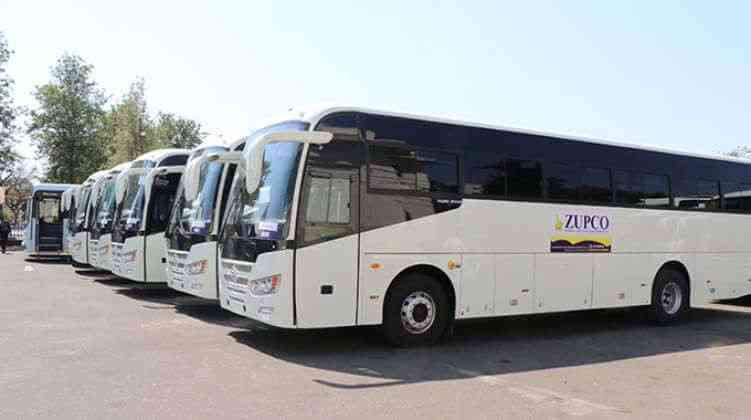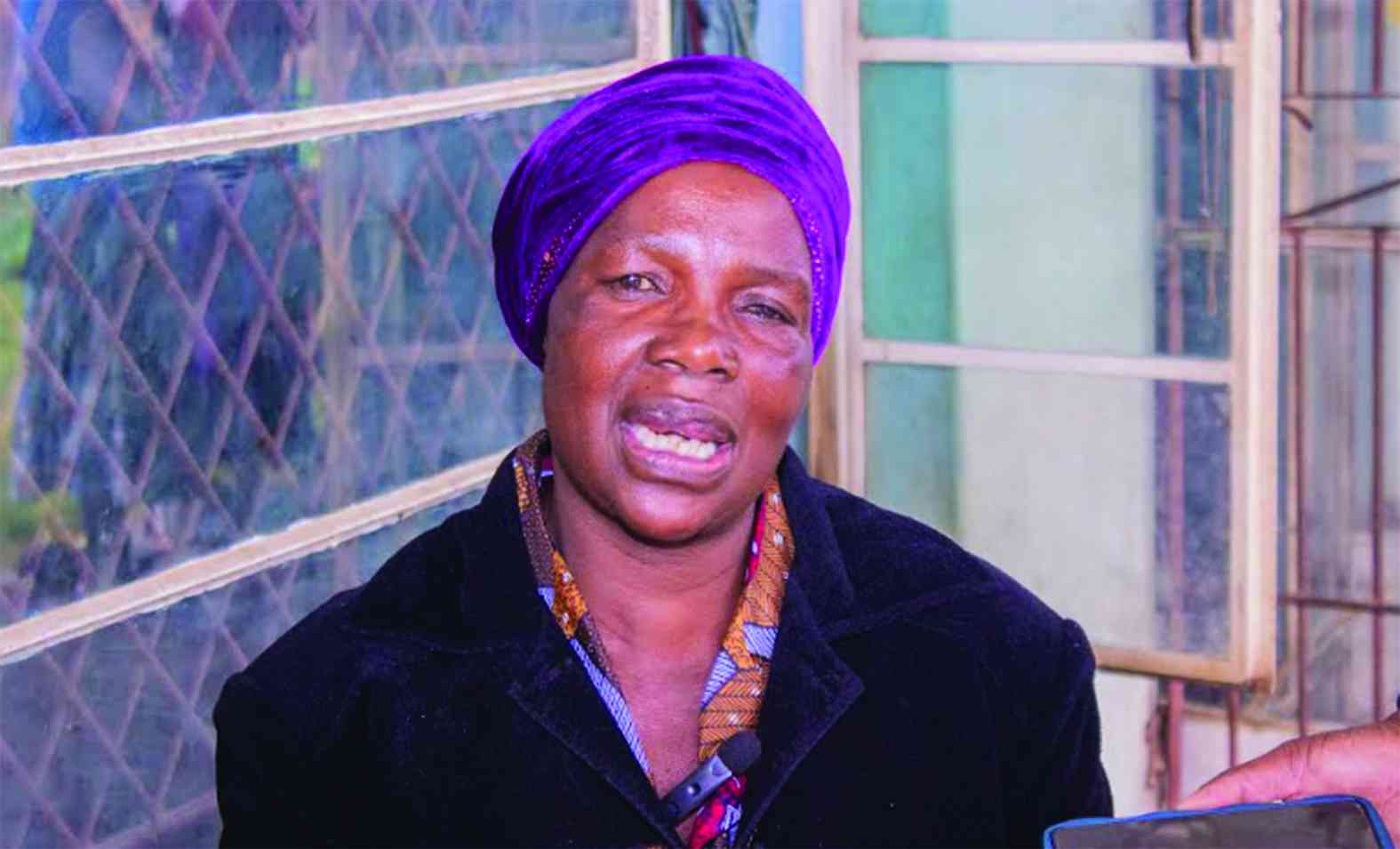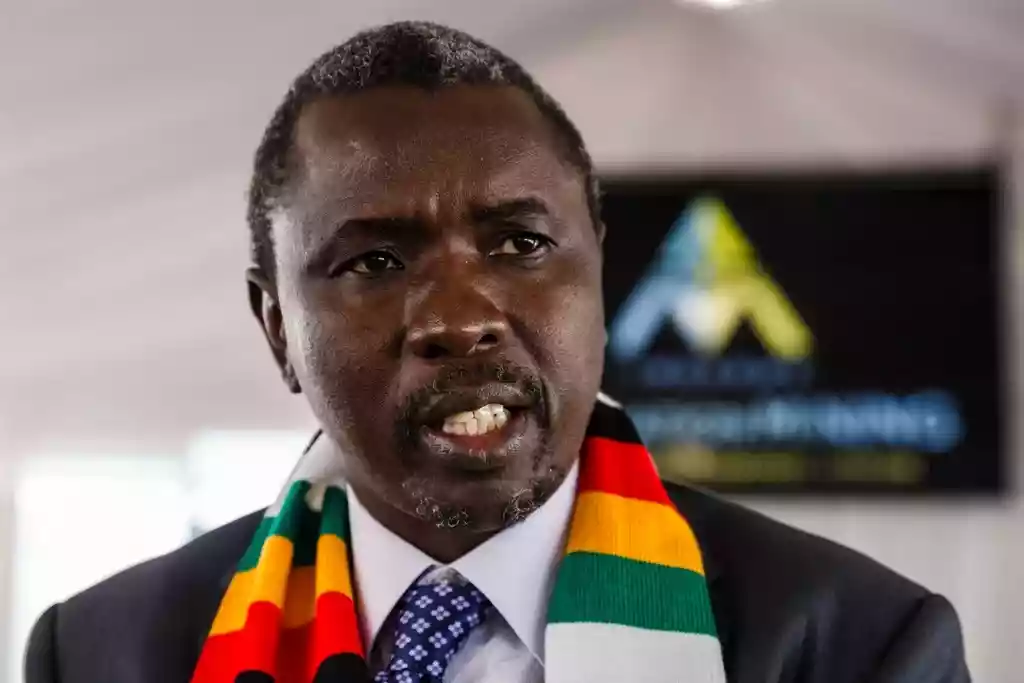
A ZIMBABWE Peace Project (ZPP) report has exposed a disturbing pattern of discrimination, coercion, and political manipulation in the distribution of food aid and agricultural inputs across the country.
Zimbabwe is in the midst of a harsh El Niño-induced drought, with over five million citizens in urgent need of food aid, according to humanitarian agencies.
President Emmerson Mnangagwa in April this year declared the drought a national disaster before appealing for US$3 billion in humanitarian assistance.
Government has since rolled out a food distribution exercise.
In its latest report, the ZPP documented numerous instances where hungry vulnerable populations have been denied food aid and other essential resources.
The report documented a staggering 141 human rights violations across the country’s provinces, affecting a total of 1 382 victims.
“The violations affected a total of 1 382 victims, of which 458 were female and 924 were males, constituting 33,07% and 66,86%, respectively,” the ZPP report reads.
According to the report, the perpetrators of these violations were suspected Zanu PF activists, accounting for 43,51% of the total violations.
- NoViolet Bulawayo’s new novel is an instant Zimbabwean classic
- Jah Prayzah, Zanu PF rekindles ‘lost love’
- Bank workers appeal to Ncube for tax relief
- Indosakusa marks 21-year anniversary milestone
Keep Reading
Other perpetrators included the Zimbabwe Republic Police (21,75%), municipal police (8,77%), State security agents (1,75%) and traditional leaders (3,16%).
Additionally, 12,63% of perpetrators were unaffiliated, while a smaller percentage was allegedly linked to the Citizens Coalition for Change (3,86%).
At provincial level, Manicaland recorded the highest number of violations at 34% followed by Matabeleland South (24), Mashonaland West (18), Mashonaland Central (16) and Mashonaland East (10).
Bulawayo and Matabeleland North recorded relatively low numbers, with only two incidents reported in each province.
The ZPP also documented 34 restrictions on freedoms of expression, association, assembly and the erosion of fundamental freedoms in the country among other basic human rights.
In its report, the peace watchdog said the violations, which included threats of violence, politicisation of food aid, and restrictions on freedoms of assembly and expression, raised concerns about the erosion of human rights in Zimbabwe.









